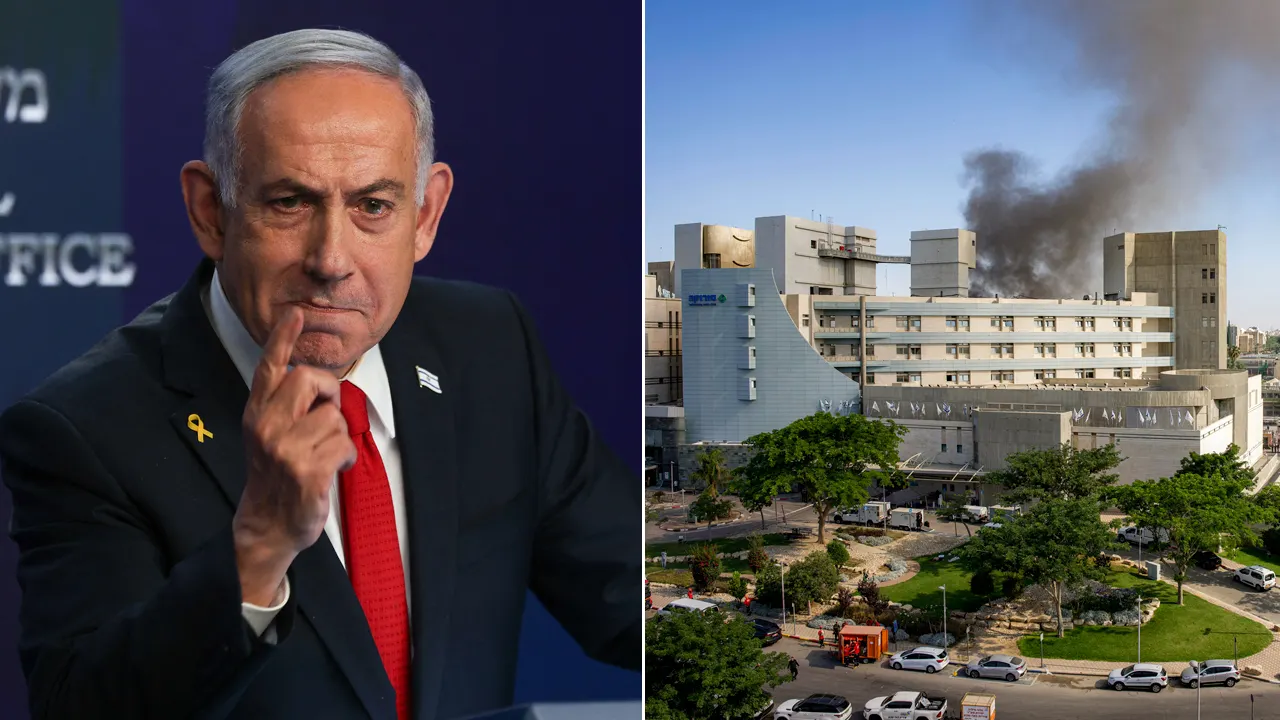“Stuck”. It is the word most people who talked to the BBC using that it currently describes life in Iran.
After three days of Israeli attacks, “everyone was trying to escape” Tehran “in one way or another,” said one stay for BBC News Persian.
Sunday, long rows were formed in gas stations throughout the city. Many people tried to leave the remote areas, far from any possible Israeli target, but could not even come out of the province due to great traffic.
“Tehran is not sure, clear,” one resident said. “We don’t have alarms or warnings from articles about Israeli attacks. We just hear explosions and hopefully not affected. But where can we go anywhere for sure.”
One person who managed to move from Tehran to another province said, “I don’t think I’ve done completely to live in an active war zone and I’m not sure when I’ll get to accept.”
“This is not my war. I’m not rooting for both sides, I just want to survive along with my family.”
From Friday, Israel hit Iran with its biggest wave of airmines for years.
Israel’s seizures led to retaliation from Iran, who launched rocket attacks on Israel.
At least 10 people were killed in Israel, a minimum of 10 people said. Iranian media, citing the Ministry of Health, reported that 128 people were killed in Israeli attacks on Saturday on Saturday.
One Irannian told the BBC that she failed to sleep for two nights: “I went through really difficult situations.”
She said that the current situation was reminiscent of bombings and going to shelters during the 1980s Iranian Iraqi war, when she was a child.
“The difference is that then returned, at least when the attack happened, we heard an airmail or at least warning before it happened. But now, during this bombing, or any air supply, no siren or warning.”
Younger people, born after the war, don’t know how it was, said BBC News Parseian’s Ghoncheh Habibiazad.
One woman in Tehran said she considered leaving the city to avoid attacks.
“We all wanted to go to smaller cities or villages, anywhere there are loved ones who can’t leave and think of them,” she said, “what we experience is not fair to any of us, the people of Iran.”
“We’re all trying to go through these days in fear, exhaust and a lot of stress, this is extremely difficult and painful.”
One residence in the capital said, “I can’t just leave Tehran. I can’t leave my parents who can’t travel far and long and leave town. I need to work now. What can I do now?”
The internet was unstable, so it is very difficult to keep in touch with people in the country.
Many of those who live outside the country send messages to loved people hoping to answer.
Some people also received warnings from the Israeli army that seek out of all Iranians to leave areas near military locations. People in Tehran look the most worried about it.
“How do we know where a military place is and where isn’t it?” One said.
Separately, Israeli Prime Minister Benjamin Netaniah in Iranians second day of attack said “The time” came “for Iranians to unite” getting up for your freedom. “
However, people in the country have so far selected to stay safe and there is little evidence that Netanyahu’s call echoed in the field, the news of the BBC Persian Darish Karimi said.
In Iran, which may have shocked people most, was the destruction of residential buildings, even more than attacks on nuclear facilities and airplanes, said BBC News Persian Pouian Kalani.
Many Iranians were not witnessed by such a scene since the end of the war Iran – especially not on the streets of the capital.
Many of those in Tehran and elsewhere, confusion on Friday recall: What exactly happened; As it was widespread; And how could they protect yourself and their families?
Edited by Aleksandra Fouche





